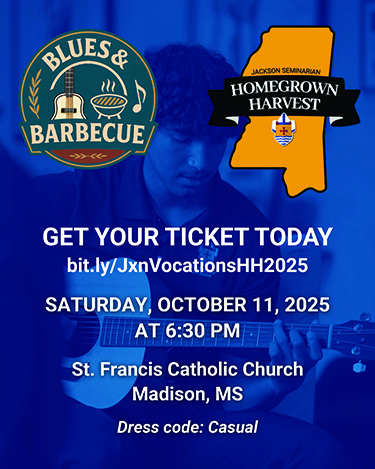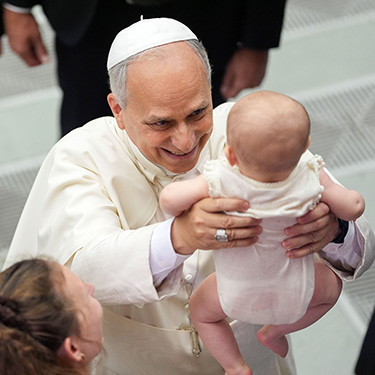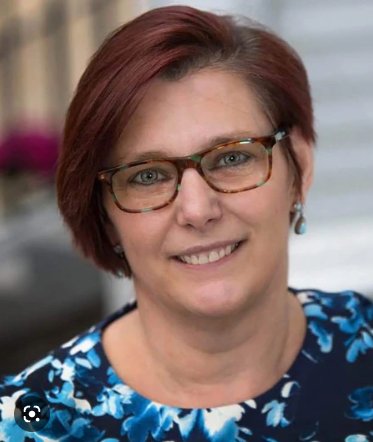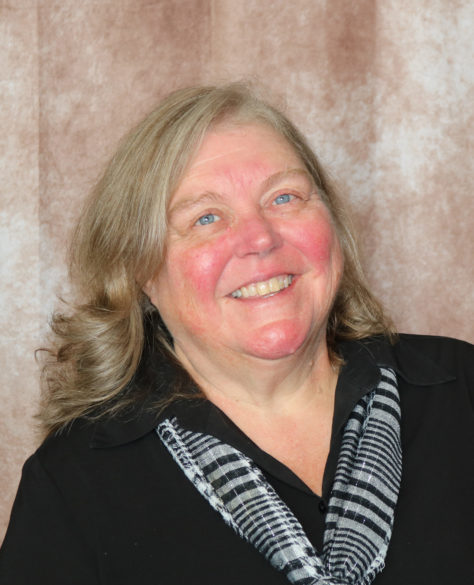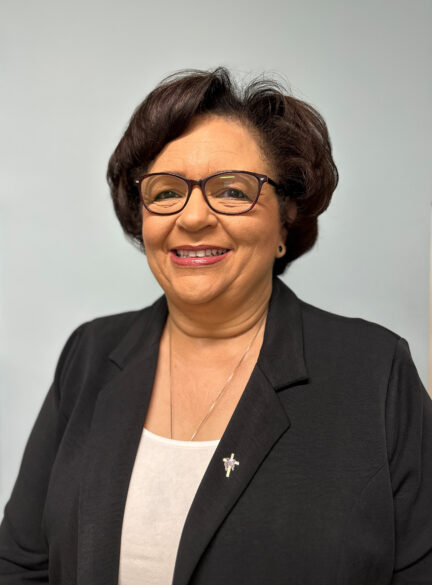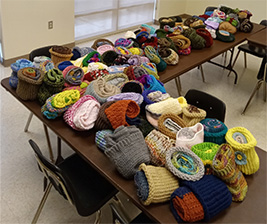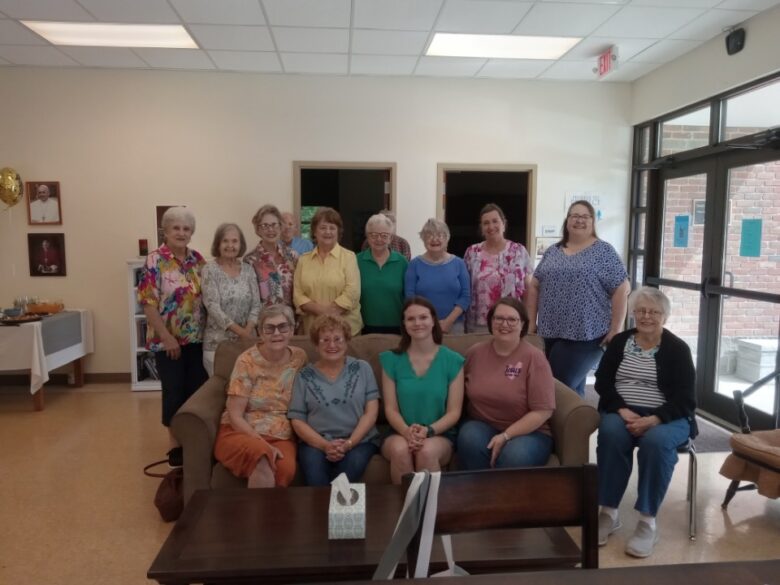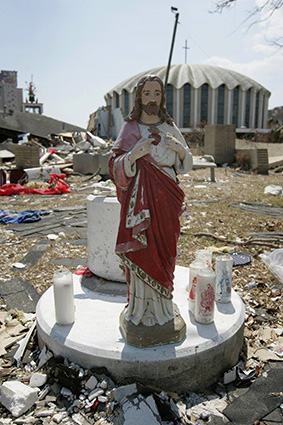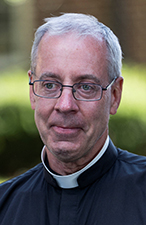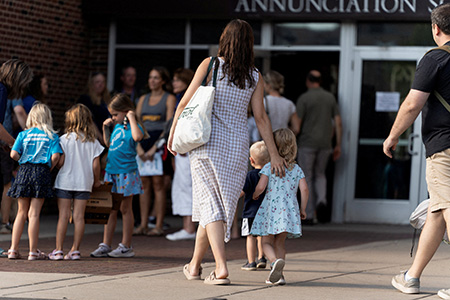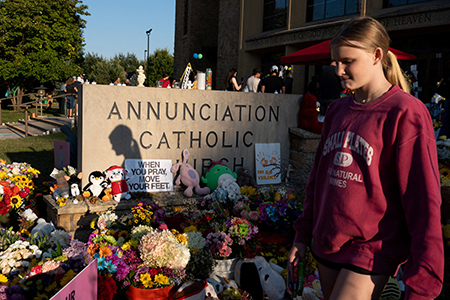By Bishop Joseph R. Kopacz, D.D.
On Wednesday, Sept. 3, in an inspiring gathering of faith and tradition, the Archdiocese of Mobile celebrated the installation of the Most Rev. Mark S. Rivituso as the third archbishop and the 10th bishop of Mobile. The Diocese of Jackson, along with the dioceses of Biloxi and Birmingham, comprises the Province of Mobile in solidarity with the archdiocese.
During the Mass, Bishops Louis Kihneman, Steven Raica and I were front and center in the sanctuary as a sign of unity and fraternity. The faithful and clergy from Mobile to St. Louis, the home of Archbishop Rivituso, filled the Cathedral of the Immaculate Conception to overflowing.
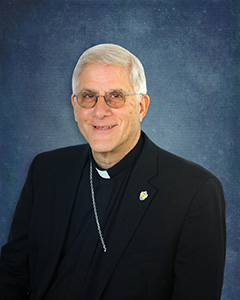
Archbishop Thomas J. Rodi, now emeritus, officially welcomed the assembly at the outset and delivered a riveting history of the Archdiocese of Mobile that included ties with the Archdiocese of St. Louis. At the end of the liturgy, the congregation gave a standing ovation to Archbishop Rodi for his 17 years of dedication as their shepherd. May he enjoy the good fruit of retirement under God’s loving gaze.
Following Archbishop Rodi, Christophe Cardinal Pierre, apostolic nuncio to the United States, extended a warm greeting on behalf of Pope Leo XIV, whom the cardinal represents to all the dioceses and archdioceses in the country. He then read the papal bull – the document from the Holy See that made Archbishop Rivituso’s appointment official.
The bull dramatically announces the pope as the “Servant of the Servants of God,” a title first adopted by Gregory the Great in A.D. 590. Sept. 3 happened to be the feast day of this remarkable shepherd and doctor of the church. This surely was a moment of divine providence for the new archbishop as he undertakes his ministry, asking the intercession of St. Gregory and all the saints.
In his homily and closing remarks, Archbishop Rivituso joyfully expressed his gratitude for the honor and gift bestowed upon him to serve in his new home in the church of Mobile.
During my 11 and a half years as bishop of Jackson, I have been blessed to be a concelebrating bishop at the consecration and installation of Bishop Kihneman in Biloxi, the installation of Bishop Raica in Birmingham, and now the installation of Archbishop Rivituso. These are fond memories that are carried along by the rivers of time.
This sacred event in the Archdiocese of Mobile has further personal significance for my ministry. On Sept. 16, I reach the age of 75, when all active bishops are required to submit their letter of resignation to the pope. Although a resignation may be accepted immediately in urgent cases, the usual sequence is an extension of ministry for one or two more years. Nonetheless, it is a milestone in time that requires unambiguous action from a bishop.
What follows is my letter to the Holy Father:
Your Holiness,
On Sept. 16 this year, I will be 75 years old. Abiding by the wisdom of the church as contained in the Code of Canon Law, I am submitting my letter of resignation. Of course, I will continue to serve the Lord Jesus and his church unreservedly as ordinary until I am directed otherwise, or until the day my successor is chosen and in place as the 12th bishop of the Diocese of Jackson.
I give thanks to our loving God for your apostolic ministry as the successor of St. Peter in the first year of your pontificate during this Jubilee of Hope. May the Lord continue to bless and prosper your Petrine ministry for many more years.
Sincerely yours in Christ,
+Joseph R. Kopacz
Bishop of Jackson
Indeed, some birthdays are more significant than others. In a counter-intuitive way, there is a sense of freedom in not knowing when the resignation will be accepted. “Therefore, keep watch, for you know not the day nor the hour” (Matthew 25:13) is the wisdom of the Lord Jesus in the Gospels.
This is the familiar spirituality of Advent – a blessing and a reminder that the gift of time is finite, and the work in the vineyard of the Lord awaits with the dawn of each new day.

